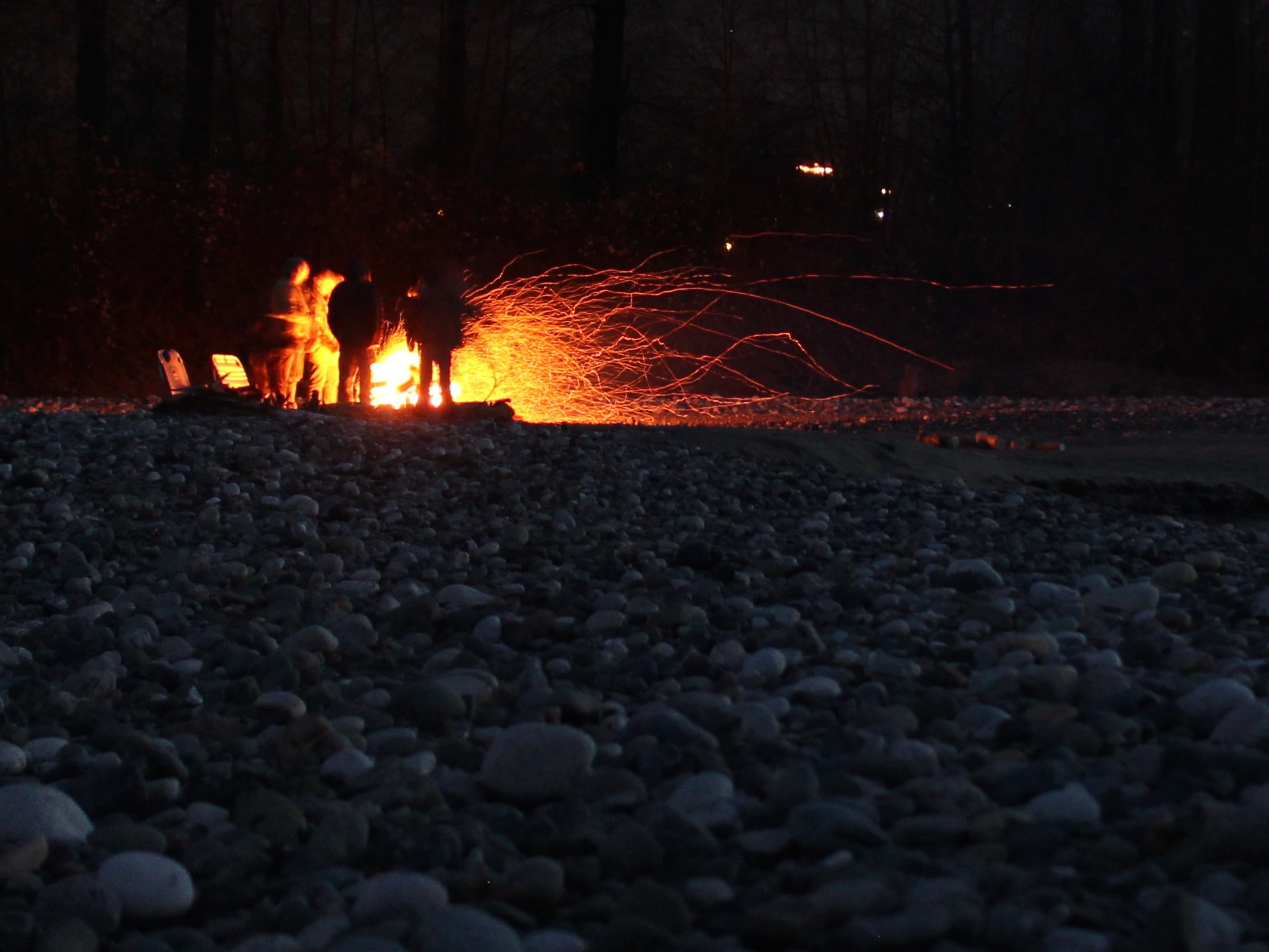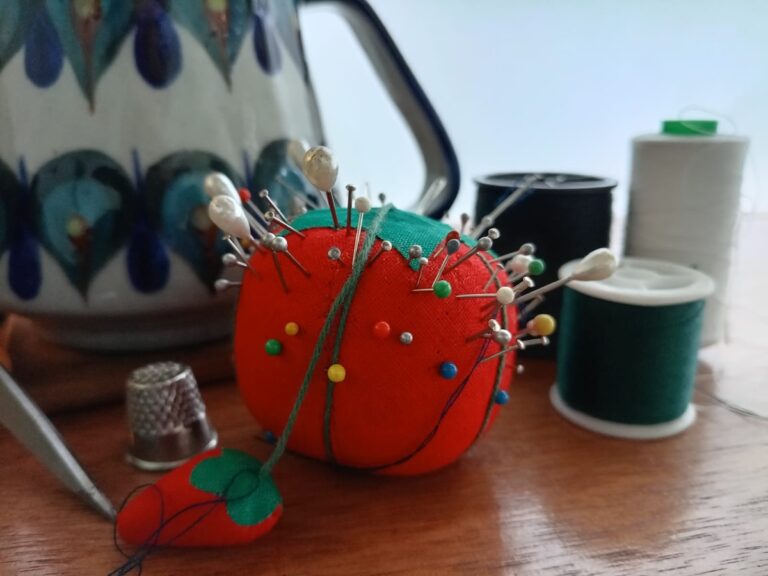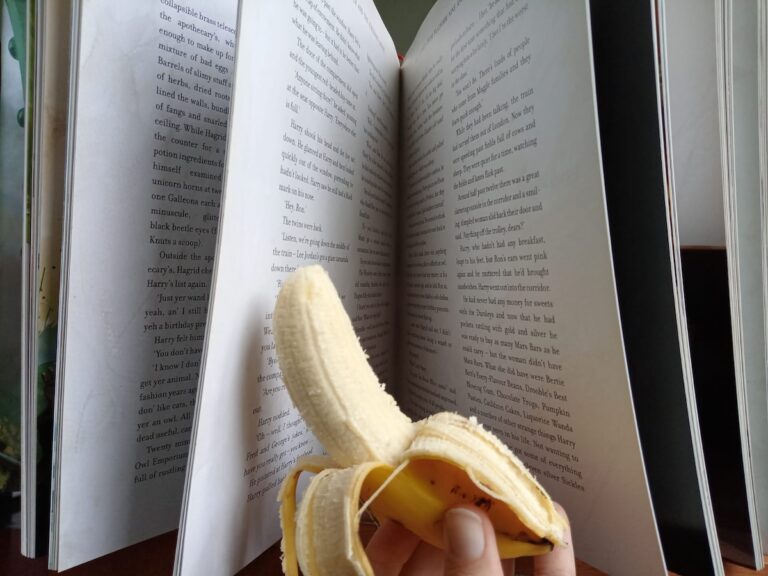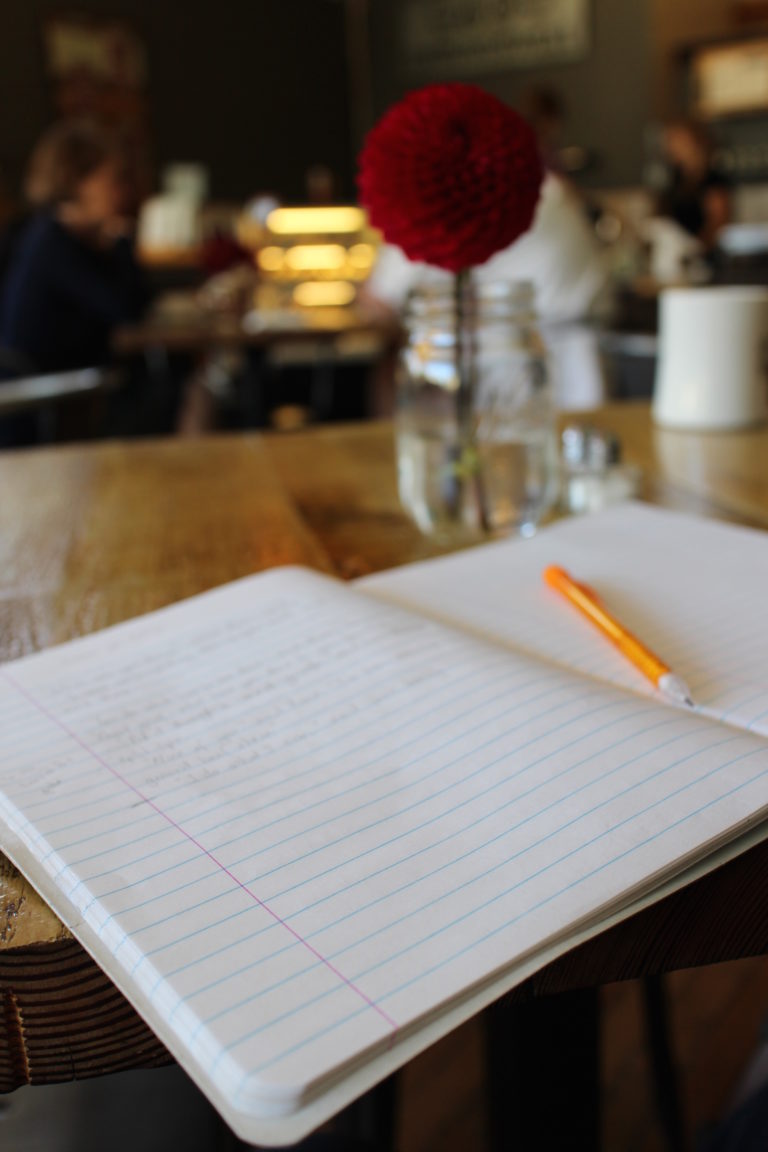Ink & Fire: processes of transformation

The life of a writer may seem dull on the surface (envision me standing at my keyboard in wool socks), but don’t be fooled. Writing is fraught with danger. I realized this while reflecting on my forays into amateur ceramics.
Pottery provides a great picture of all the things that can go wrong in an artistic endeavor and the magic that happens when it goes right. In college, for example, I learned how to throw pots on the wheel. Many of my attempts crumpled under pressure, collapsed from excess water absorption, blobbed off-center, or flew off in a muddy splat.
Once I managed to throw an intact pot, I had to hope it dried without cracking, trim off the excess clay without going right through the bottom, and then put it through two different firings — during which the pot could get chipped or explode, and the glaze could crawl, or run down and fuse the pot to the shelf.
But I loved the process, from getting covered in clay to dipping the bisque-fired ware into creamy glazes. Best of all was seeing the pots emerge from their final firing transformed by temperatures in excess of 2000ºF. They became something more than I could foresee — creations of hands, earth, fire, vapors, reduction, and oxidation.
So how does this relate to writing? Unlike ceramics, I can’t look at my work and see a physical crack or watch the lump of clay traveling off-center on the wheel, but as I train my eye and study my craft I will be able to spot poor story structure, clichés, underdeveloped characters, and Tom Swifty’s with greater ease. I will learn the best way to approach the logical problem that is a novel. That’s what I’m working on now. I know it will take study, practice, some trial and error, and lots of perseverance.
I feel like a student in Ceramics 1 all over again, with cylinder after cylinder dying between my fingers and the wheel. But eventually, I’ll get it right. I will trim, burnish, heat, glaze, and fire these humble words, these lumbering sentences. I will work at them until they melt, fuse, harden, and become vitreous. I will persist until they become more than their separate parts until they are born anew as creations of ink and fire.





